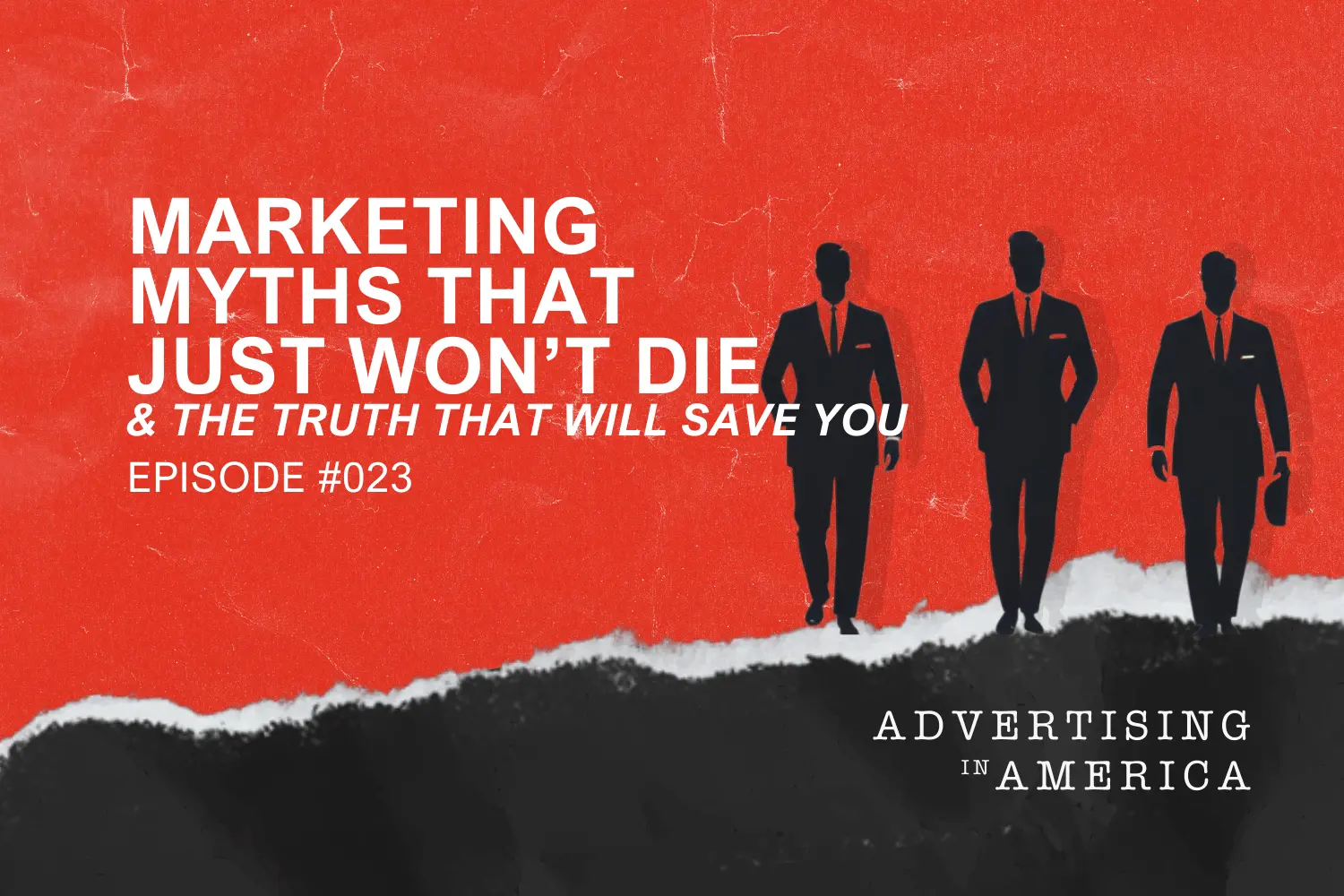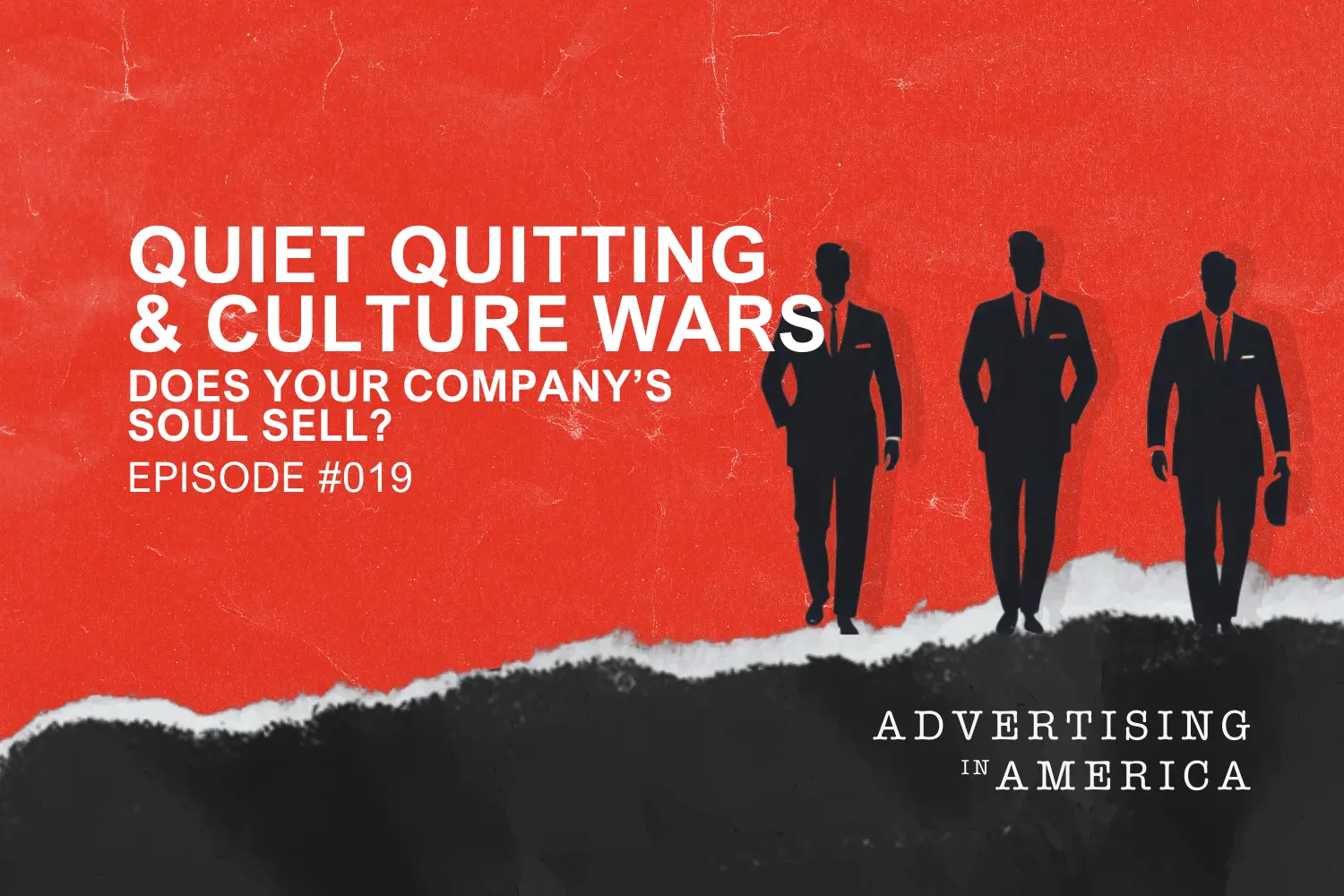Few strategies have undergone as much transformation as SEO in such a short time frame. Yet, despite all the changes, it remains one of the most crucial aspects for growing businesses—especially in the competitive home services and HVAC industries.
If you're running an HVAC company or another home service business, you've probably heard how "SEO is everything."
But what if some of the advice you've received is flat-out wrong? Or worse, what if it's damaging your business instead of helping it? The truth is, SEO myths get passed around, and entrepreneurs, like you, often find themselves oversold on promises that don't deliver.
Congratulations on taking the first step toward boosting your home service business online! 🚀
To maximize your potential as we head into 2025, I've created a FREE SEO Guide along with a video. In this video, we discuss common myths and chat with an expert about the steps you need to take as a home service business owner to elevate your company's SEO.
BONUS, have you ever wondered what it takes to be an AI-Prompt specialist for SEO? Don’t worry, that’s something we chat about too.
Today, let’s bust those myths wide open, giving you the real facts about what SEO in 2024 should look like moving into 2025.
Myth #1: SEO is a "One-Time Fix"
Apparently, SEO is something you can do once and then forget about it. After all, it’s just about ranking high on Google, right? Wrong.
The Reality: SEO is an ongoing, dynamic process. Search engines are constantly updating their algorithms (Google, for instance, has rolled out several updates in the last year alone). Competitors in the home services sector are also adapting and improving their strategies. If you're not actively maintaining and updating your SEO efforts, your rankings will drop, and potential customers will flock to your competitors.
SEO is not set-it-and-forget-it. To win in the SEO game, especially in 2024, you need to view it as a living, breathing strategy that requires constant attention.
Myth #2: "Stuffing Keywords Everywhere" is the Key to Success
The early days of SEO, stuffing your webpage with keywords was the quick fix for boosting your rankings. Some SEO companies still try to sell this outdated tactic, convincing business owners to cram as many keywords as possible into their content.
The Reality: Keyword stuffing is not only ineffective—it’s harmful. Search engines have become much smarter and more user-focused, or what we like to refer to in the marketing world as "Human Optimized" for the human experience.
Google, for instance, penalizes websites that use keyword stuffing because it results in poor user experiences for your audiences. The goal of SEO today is to provide value to the user, which means high-quality, relevant content with natural keyword integration.
Focus on writing for your audience first and for search engines second. Quality content that solves real problems will outperform keyword-stuffed content every time.
Myth #3: "The More Pages You Have, the Better"
Have you been advised to create endless pages for every service, location, or variation in keyword phrasing to capture more traffic? This "more is better" approach can seem tempting, but it can backfire quickly.
The Reality: Having a large number of low-quality pages can actually hurt your site’s overall SEO. Search engines evaluate content for its usefulness and relevance. If your site is flooded with thin, repetitive, or low-value content, Google will see that as a negative signal and could lower your ranking. Instead of focusing on quantity, focus on quality. A few well-optimized, high-value pages will do far more for your rankings and user engagement than dozens of redundant, poorly written ones.
Myth #4: "You Need to Rank #1 for Every Keyword"
Everyone wants to be at the top of Google’s search results, but targeting too many high-competition, generic keywords can drain your resources and budget quickly. Some SEO agencies promise unrealistic results by aiming to rank your business for every keyword under the sun, but this approach lacks strategy.
The Reality: Not all keywords are created equal, instead of trying to rank for every possible keyword, smart SEO in 2024 focuses on intent-driven, long-tail keywords that are more specific and have a higher chance of leading to conversions rather than just increasing traffic.
Myth #5: "Backlinks Are the Only Thing That Matter"
Backlinks—other websites linking to yours—have long been touted as one of the most critical ranking factors in SEO. Some agencies still try to oversell backlinks as the be-all and end-all of SEO success.
The Reality: While backlinks are important, quality is much more critical than quantity in 2024. Low-quality backlinks from irrelevant or spammy websites can do more harm than good. Google's algorithms are now sophisticated enough to identify high-value, relevant backlinks, and they'll reward sites with these links while penalizing those engaging in shady practices like buying backlinks.
Myth #6: "Mobile Optimization Is Optional"
Mobile traffic now accounts for a significant portion of all website visits, yet some business owners still treat mobile optimization as an afterthought. Some SEO companies may even try to sell "mobile optimization" as a premium add-on service.
The Reality: In 2024, mobile optimization isn't optional—it’s mandatory. Google’s algorithms prioritize mobile-friendly sites through their mobile-first indexing. If your site isn't optimized for mobile, you're leaving a massive amount of traffic (and potential leads) on the table. Your website must be fully optimized for mobile. This includes fast loading times, easy navigation, and a responsive design that works seamlessly across all devices.
Final Thoughts: Winning with SEO in 2025
SEO can be a powerful tool for home service and HVAC businesses, but it’s essential to separate fact from fiction. Don’t get caught up in outdated or oversold strategies that could damage your business. The key to SEO success in 2025 is focusing on quality content, local optimization, and a user-centric approach that provides real value to your customers.
Avoid the traps of quick fixes and shortcuts. The home service businesses that succeed in SEO are those that take a thoughtful, long-term approach—and aren’t afraid to question the myths along the way. Stay smart, stay strategic, and watch your SEO efforts pay off.










.webp)











.webp)

.webp)
.webp)

%20(1).webp)
.webp)
.webp)




.webp)


.webp)






.webp)




.webp)
.webp)

.webp)
.webp)







